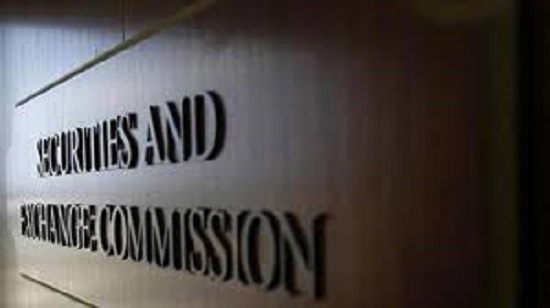This post has already been read 1321 times!
The Investment & Securities Act (ISA 2007) specifically provides for the establishment of a board for the Securities & Exchange Commission (SEC) and outlines its functions.
The board is the organ of the commission responsible for policy formulation and decision-making at the highest level. It supervises the affairs of the commission and ensures that it discharges responsibilities towards effective regulation and development of the capital market.
Regrettably, the SEC has been operating without a supervising board since 2015 when President Muhammadu Buhari assumed office.
The absence of SEC board for the past four years has left a serious vacuum in the performance of the commission.
The supervising ministry of finance has not succeeded in filling the gap as it grapples with its duties as the fiscal authority without a supervising board for such a delicate and important national organisation. The director -general of the commission tends to function as a sole administrator.
The Guardian’s investigations into the composition of the board for the SEC showed that the ISA stipulates that this shall include a part-time chairman, the director-general and chief executive, as accounting officer.
There are also three -full time commissioners, a representative of the Federal Ministry of Finance, a representative of the Central Bank of Nigeria, and two part-time commissioners, one of whom shall be a legal practitioner qualified to practise in Nigeria with 10 years post-call experience.
The ISA vested the board of SEC with the mandate for “general administration of the commission”, which particularly, includes the formulation of policies for the regulation and development of the capital market, the exercise of the functions of the commission, approve the audited and management accounts of the commission and appoint auditors for the commission.
Also, the board is statutorily responsible for consideration and approval of the yearly budget of the commission as may be presented to it by the management, establishment of zonal offices of the commission and sundry activities, as necessary and expedient for the purposes of achieving the objectives of the commission.
The tenure of the board is four years, though the director-general and full-time commissioners may be reappointed for another second and final term of four years.
While the ISA provides for the extension of the tenure of the director-general and “any of the commissioners whose term of office has expired until a successor to such director-general or commissioner is appointed, the law does not make any adhoc provision for the board as a whole.
Already, analysts, operators and investors have described the absence of a constituted board for the SEC by the Federal Government as the height of regulatory lapse, insisting that this threatens efforts at restoring confidence in the market.
The stakeholders who are currently questioning the corporate governance standard of the apex market regulator, wondered why the government has prolonged the issue of reconstituting the board of the SEC, almost three years after the previous board was dissolved.
According to them, the lack of confidence in the market currently is not only triggered by election risks and uncertainties, but also the way government treats capital market issues with levity.
Furthermore, they argued that SEC is sitting on investment worth over N26 trillion in value, and must operate with a complete board to manage such a huge investment properly.
Read Full Story On The Guardian



